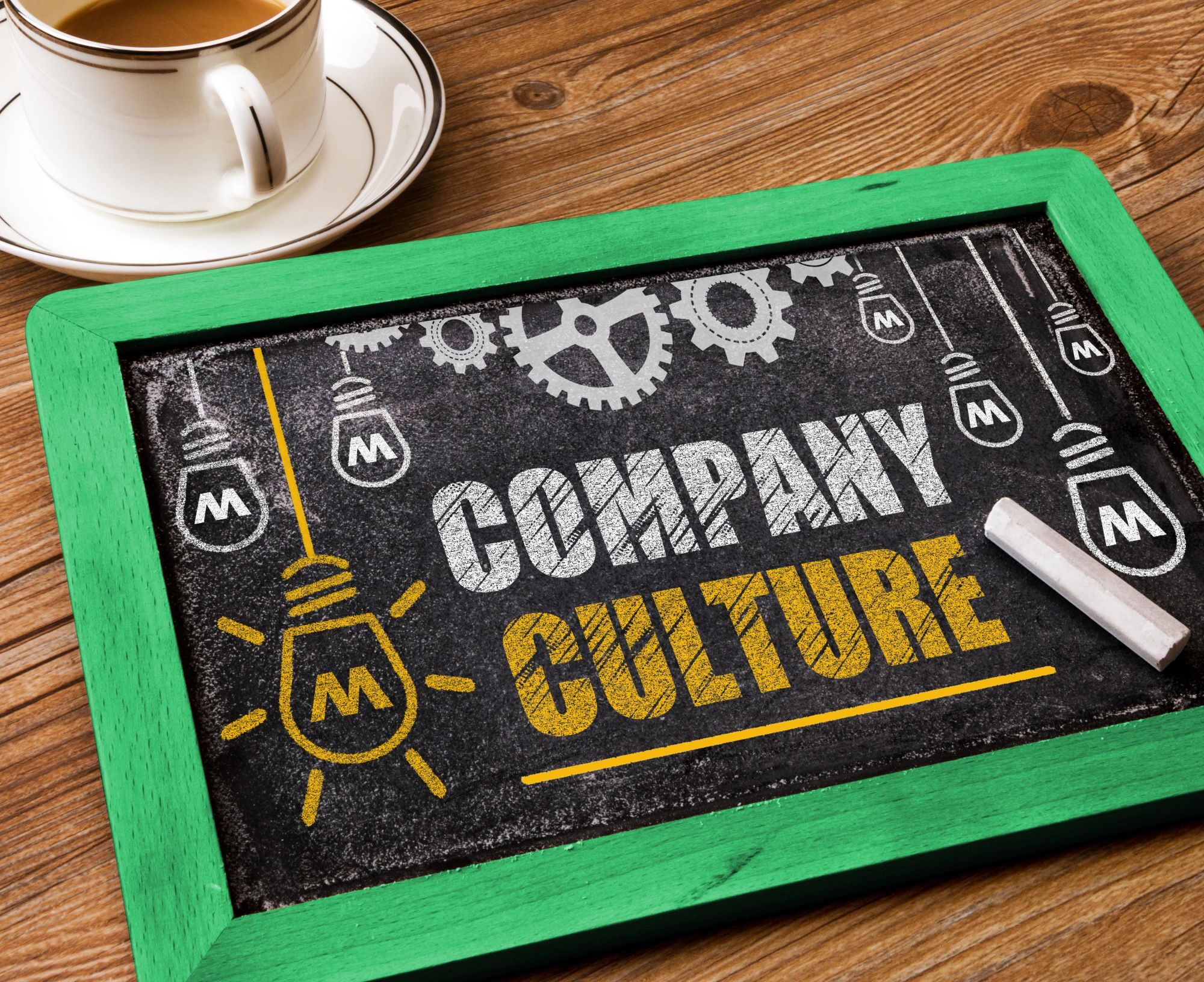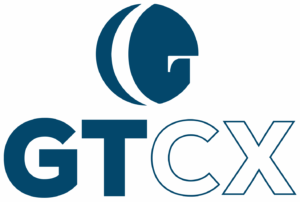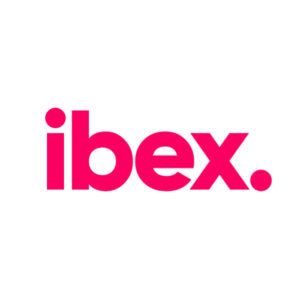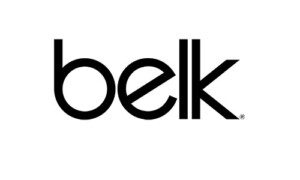Organizations have much to navigate with the ongoing pandemic, including maintaining (or strengthening, hopefully) corporate culture with a predominately remote workforce. In these unprecedented times, the reality of the current situation, with increased physical distancing, poses a unique challenge and is most certainly reshaping corporate culture.
What is corporate culture? Depending on who you ask, you might get a slightly different definition. Essentially, it is an organization’s values, vision, and behaviors that guide how the company’s employees and leadership interact internally and externally. It is reflected in all aspects of the business from hiring, training, succession planning, coaching and feedback, dress code, scheduling, office environment, meeting protocols, communication, marketing, product development, customer and employee policies, vendor relationships, customer and client satisfaction, social responsibility, leadership, metrics, and all aspects of operations. Culture encompasses the intangibles of what gives your organization its identity and can be a key differentiator among competitors.
The most successful companies have strong cultures that are sustained over time and reinforced daily. Navigating through the pandemic, the decisions you make and the messages you send internally and externally will have a lasting impact, shining a bright light on your organization’s culture and character.
Although it can seem daunting with the current challenges, organizations have a unique opportunity to not only maintain their culture but strengthen it. Even with a mostly remote workforce, organizations should take the positives they have gained through this experience and continue to connect with and build even stronger teams. Tracy Keogh, chief human resources officer (CHRO) with HP was quoted in this article as saying, “If you don’t, you are really missing an opportunity. You are leading through a crisis and connecting with your people. This is the most authentic time in business history.”
So, how do you ensure you do not lose the intangibles of what gives your organization its identity? Culture defines an organization and its success, so it is critical to keep it front and center especially in a time of crisis. Michael Jones, senior director of customer care with The Home Depot, often reinforces the importance of culture with a well-known Peter Drucker quote, “Culture eats strategy for breakfast.” This article focuses on how to ensure you keep your culture intact and find ways to strengthen it.
Eight Principles to Ensure Culture Continuity
An underlying priority we are hearing from leading companies is a renewed or increased focus on people. This is certainly true for The Home Depot as Jones explains, “A strong people focus is critical. This is especially important in a remote work environment as associates are juggling not only their jobs, but also acting as caretakers, schoolteachers, etc.…for their loved ones. The associate experience is paramount, and that effort will continue for us.” And, as you will see, each principle below has “people” as the common denominator.
- Lead with empathy and trust: Ensure your leaders are equipped and capable of leading in this new world. Different skillsets and expectations will be involved. Give them the tools, training, and time to evolve to ensure you have the right management teams in place who are comfortable leading employees through this challenging time. This is certainly at the forefront for The Home Depot, as Jones further explains, “We as leaders must make decisions from a place of empathy and trust. Our associates must feel more empowered to act on behalf of our customers than they ever have before, and that requires an increased level of trust from leadership. ‘Do the Right Thing’ is one of The Home Depot’s core values and our associates strive to do that for our customers every day.”
- Enable flexibility: Many organizations have already demonstrated incredible flexibility while navigating the pandemic and its effect on operations. This need will continue as kids go back to school, with many workers at home trying to navigate online-learning and caring for other family members. In fact, enabling scheduling flexibility is a huge win for The Home Depot, as their workforce management teams are working hard to grant more split shift schedule models, allowing associates to take a larger chunk of time in the middle of their shifts for personal needs. They are also offering more paid breaks into associates’ schedules.
- Embed culture consistently: With a remote workforce, employees do not have the benefit of the hallway discussions or the buzzing in the office that reinforces company culture. Your vision should be front and center in every meeting and decision. Employees need to feel their purpose and that they contribute to the greater good. Share the organization’s goals, achievements, and challenges, making employees a part of the solution and the wins. The Home Depot is an excellent example of how they have made this happen. Jones explains, “As a values-based organization, The Home Depot centers our decisions on basic tenets like Giving Back, Doing the Right Thing, Respect for All People, and Building Strong Relationships, among others. To keep these key principles top of mind as we make tough decisions, we weave them into nearly everything we do – we start big meetings with a reminder of our values wheel, weave these values into associate-facing communication, recognize individuals who are exemplifying these values, and much more.”
- Ensure transparency: Communicate clearly, honestly, and frequently. As you have likely discovered, more communication with a structured approach is critical to maintaining and reinforcing your culture. For many, this means continuing town halls, and “fireside chats” remotely, but also creating a regular cadence of updates and smaller forums. In the early days of COVID-19, The Home Depot distributed a “Daily Digest” to associates to keep them in the loop on key business changes, such as the inception of the new Curbside Pickup option at stores. They have since dialed that back as they settle into the next phase but keeping the lines of communication open with consistent email updates, virtual team huddles, and “all hands” meetings with leadership continue.
- Do not make everything about business: Due to physical distancing and the likely feelings of isolation, it is important to build in time for non-work discussions. Check in with employees and spend more time ensuring their emotional well-being. This includes fun events, but also ensuring enough time is included in discussions to get a pulse on how employees are feeling. Companies like Groupon are also expanding on initiatives they had pre-COVID, such as creating book clubs on topics that resonate with the employee base in addition to continued volunteer events that involve the entire company.
- Empower employees and give them a voice: This is always important, but now more than ever. Consistently give employees forums to provide feedback (in-person and anonymous), and develop processes for reviewing, prioritizing, acting, and communicating results.
- Reward performance and “wins”: Look for ways to not only reward good performance, but also recognize employees who go above and beyond for colleagues and customers. For example, allow employees to publicly nominate and recognize peers for doing good deeds. Maintain monthly recognition meetings which include upper management to give high performers more visibility, including examples of excellent customer service. The Home Depot has worked to replicate the in-office experience as much as possible, which they explain is typically filled with celebrations, associate recognition, and career development opportunities, even in a virtual environment.
- Focus on employee health and well-being: As time goes on, restoring staff is going to be more important than ever. Many companies are focused on providing additional benefits during this time like additional paid leave and supportive resources that include counseling and access to financial advisors. Find out what your employees need and provide resources to best support them.
Culture Continuity is More Important Than Ever
There is no question that prolonged physical distancing is an ongoing challenge to maintaining one’s culture, but with intention and focus, organizations can come out of this time with even stronger and publicly recognizable cultures. Judi Brenstein, vice president of Global Support Groups with Groupon, reinforced this by saying, “Organizations need to plan how they help their people stay true to the company’s mission and values. Just as everyone was scrambling in the early days of COVID-19 to ensure business continuity, it is also important to create a culture continuity plan.” By being intentional, listening to your employees, and staying true to your mission, you can ensure that regardless of where your staff are located, your mission and values do not waver.
Blog post, written by: Execs In The Know
To Learn More About Topics Like This: Register for Virtual Customer Response Summit




























































 TELUS Digital
TELUS Digital ibex delivers innovative BPO, smart digital marketing, online acquisition technology, and end-to-end customer engagement solutions to help companies acquire, engage and retain customers. ibex leverages its diverse global team and industry-leading technology, including its AI-powered ibex Wave iX solutions suite, to drive superior CX for top brands across retail, e-commerce, healthcare, fintech, utilities and logistics.
ibex delivers innovative BPO, smart digital marketing, online acquisition technology, and end-to-end customer engagement solutions to help companies acquire, engage and retain customers. ibex leverages its diverse global team and industry-leading technology, including its AI-powered ibex Wave iX solutions suite, to drive superior CX for top brands across retail, e-commerce, healthcare, fintech, utilities and logistics.






















 Trista Miller
Trista Miller




























